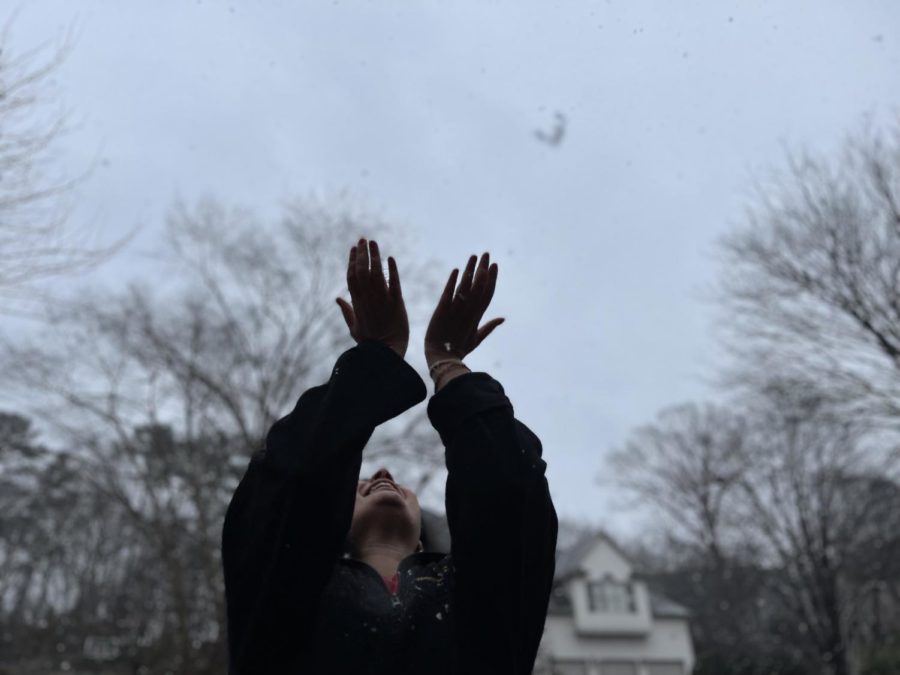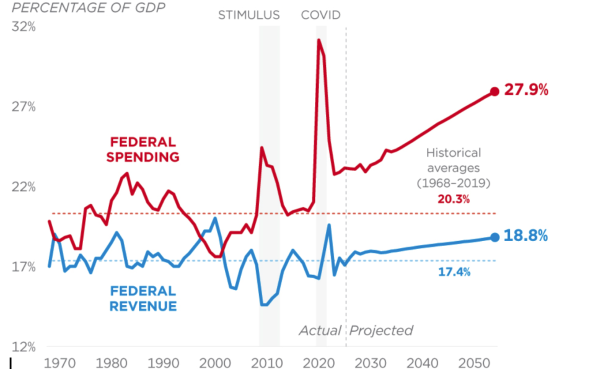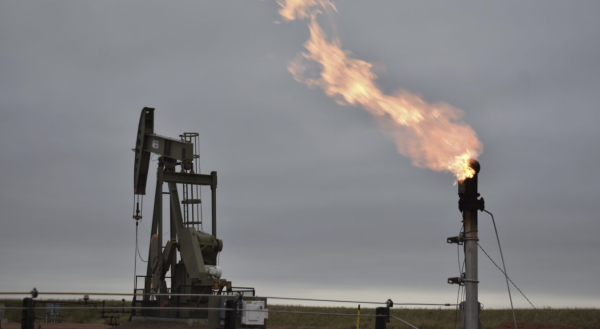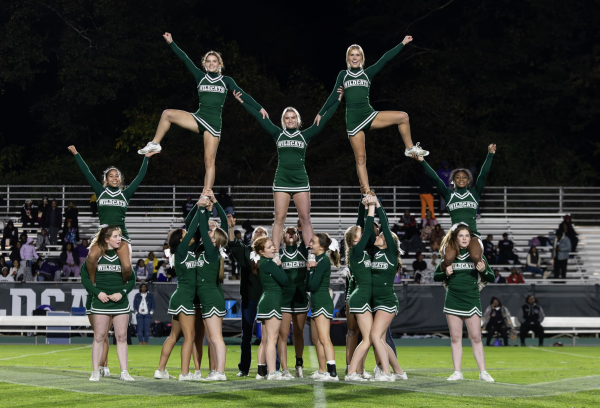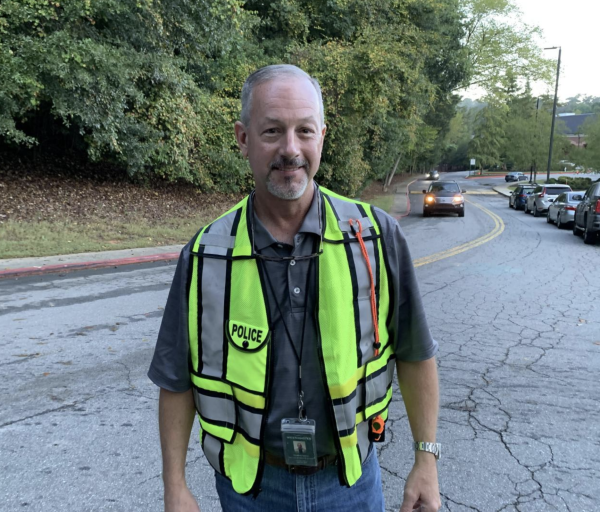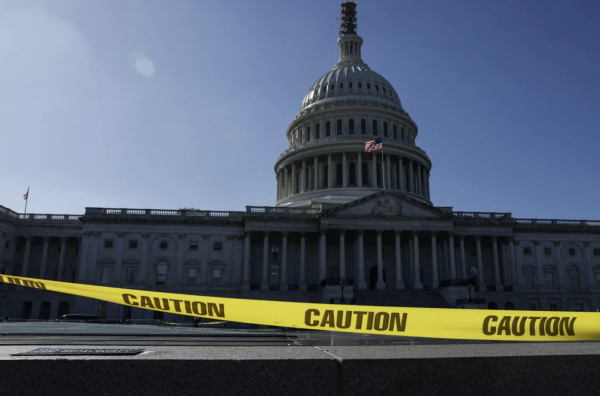Atlanta experiences flurries after almost 1,500 days without snowfall
Jan. 18, 2018- the last time Atlanta faced significant snowfall. Almost four years later, in the early hours of Jan. 16, most of Atlanta was greeted with snow, covering the city in a white blanket. This snowstorm impacted Westminster students and teachers from all over the city in multiple ways, and they had different opinions on it.
“I loved the snow, but I didn’t like getting my golf cart stuck,” said freshman Will Samady. “I had to wait until the snow melted [to get it out].”
“I love snow, so to me, it was really fun,” said senior Amelia Harralson, a member of the Eco Club. “I know a lot [of businesses] closed down because Atlanta isn’t very good with snow. There was a lot of prep beforehand; even two days before, I saw salt on the ground because people were scared, [but] I loved it. I had fun.”
Even though students like Samady and Harralson enjoyed their day in the snow, some people didn’t get enough snow to enjoy.
“I think we got a little bit of dusting where I live, but it didn’t even stick on the ground,” said environmental science teacher Leah Roberts. “It was over the weekend; we didn’t miss any school, so not a huge impact for me.”
As many recall, the temperature the week before the snowstorm was close to 70 degrees almost every day, showing no hint of a snowstorm brewing. A temperature of 70 degrees is almost unprecedentedly warm for Atlanta in the month of January, and many have attributed these drastic temperature changes to climate change.
“[The weather] is a little bizarre,” said Samady. “However, I think that’s just Atlanta weather, [but] it could be linked to climate change. … Usually, around that time it wouldn’t be 70 degrees, it’d be more like the thirties.”
Although many believe that the terms global warming and climate change can be used interchangeably, there is actually a significant distinction between the two. Global warming refers to the rise in temperature due to the buildup of greenhouse gasses. Global warming is what causes climate change over a long period of time, but these changes could be in temperature, wind patterns, and even precipitation.
“Climate change for sure is increasing the frequency of natural disasters and weather events, and the intensity of them, but for the most part, snowstorms, wildfires, hurricanes, and tornadoes are all natural weather patterns,” said Eco Club leader junior Abby Warshauer. “It’s important to recognize that all these things normally happen, but the intensity of which they happen has certainly shifted and increased with climate change.”
Students around the Westminster community were excited to experience snowfall as it is rare that Atlanta gets snow. Climate change is what leads to these ever-changing weather patterns.
“I think that getting snow in Atlanta is pretty rare, and it’s becoming [rarer],” Harralson said. “This is the first snow we’ve had in a while, and we usually only get one per year. I think we are going to see less and less snow in Atlanta.”
